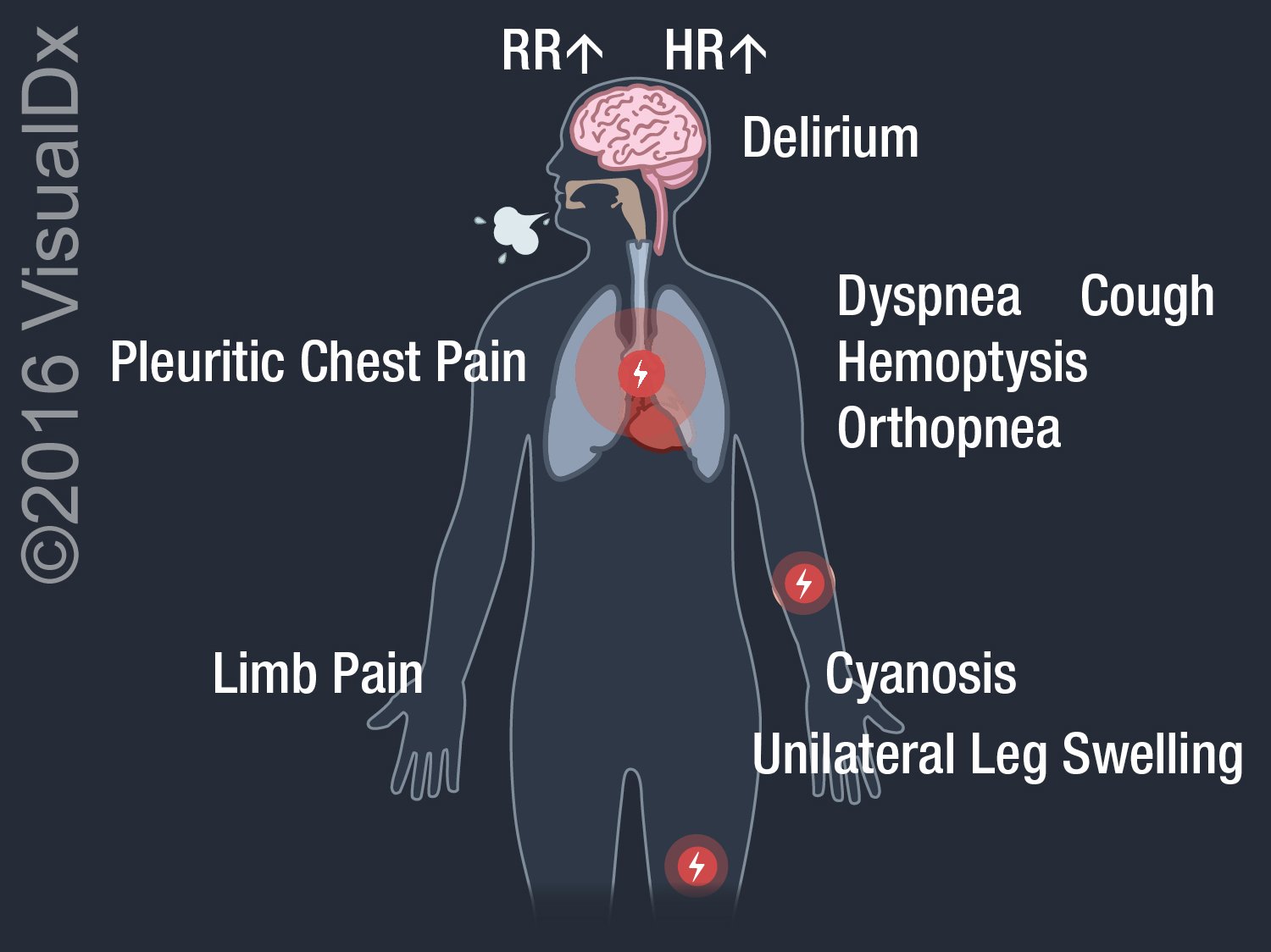Cough Lower Abdominal Pain: Understanding Causes, Symptoms, And Treatment
Experiencing cough lower abdominal pain can be alarming and disruptive to daily life. Whether it's a persistent cough or sharp abdominal pain, understanding the underlying causes and treatment options is essential for managing this condition. This article will provide a comprehensive overview of the causes, symptoms, and remedies for cough-induced lower abdominal pain, helping you make informed decisions about your health.
Cough lower abdominal pain is a condition that affects many individuals, especially those with chronic respiratory issues. While a cough is typically associated with the respiratory system, its impact on the abdominal area can sometimes lead to discomfort or pain. This connection is vital to recognize, as it may indicate underlying health conditions that require attention.
By exploring the various causes, symptoms, and treatment options, we aim to equip you with the knowledge necessary to address cough lower abdominal pain effectively. Whether you're seeking relief or looking to prevent future occurrences, this guide will provide valuable insights supported by credible sources and expert recommendations.
Read also:Nars Sheer Glow Vs Light Reflecting The Ultimate Foundation Showdown
Table of Contents
- Understanding Cough Lower Abdominal Pain
- Common Causes of Cough Lower Abdominal Pain
- Identifying Symptoms
- Diagnosis and Testing
- Treatment Options
- Prevention Strategies
- Dietary Considerations
- Lifestyle Changes
- Managing Chronic Conditions
- Conclusion
Understanding Cough Lower Abdominal Pain
Cough lower abdominal pain is a condition where individuals experience discomfort or pain in the lower abdomen triggered or exacerbated by coughing. This condition can be caused by various factors, ranging from musculoskeletal issues to internal organ complications. Understanding the connection between coughing and abdominal pain is crucial for effective management.
For many, the relationship between respiratory and abdominal health may not be immediately apparent. However, repeated coughing can strain the abdominal muscles, leading to discomfort or pain. Additionally, underlying medical conditions such as gastrointestinal disorders or infections can contribute to this phenomenon.
Mechanism of Cough-Induced Pain
The mechanism behind cough lower abdominal pain involves the interaction between the respiratory and musculoskeletal systems. When you cough, the diaphragm and abdominal muscles contract forcefully, which can lead to strain or injury in these areas. This strain may manifest as pain, particularly in individuals with pre-existing conditions.
- Repeated coughing increases intra-abdominal pressure.
- Strain on abdominal muscles can lead to muscle soreness or injury.
- Underlying conditions such as hernias or gastrointestinal issues may exacerbate the pain.
Common Causes of Cough Lower Abdominal Pain
Several factors can contribute to cough lower abdominal pain. Identifying the root cause is essential for effective treatment and management. Below are some common causes:
Respiratory Conditions
Chronic respiratory conditions such as asthma, bronchitis, and chronic obstructive pulmonary disease (COPD) can lead to persistent coughing, which may result in abdominal pain. These conditions often involve prolonged coughing spells that strain the abdominal muscles.
Gastrointestinal Disorders
Gastrointestinal issues such as gastroesophageal reflux disease (GERD), peptic ulcers, or inflammatory bowel disease (IBD) can also contribute to cough lower abdominal pain. Acid reflux, for instance, can irritate the esophagus and trigger a cough reflex, leading to abdominal discomfort.
Read also:Unveiling The Mystique Of Isla Del Bosque A Paradise Yoursquove Been Dreaming Of
Musculoskeletal Injuries
Muscle strains or injuries in the abdominal area can also cause pain during coughing. This is especially common in individuals who engage in heavy lifting or physical activities that strain the abdominal muscles.
Identifying Symptoms
Recognizing the symptoms of cough lower abdominal pain is crucial for timely intervention. Below are some common symptoms associated with this condition:
- Sharp or dull pain in the lower abdomen during or after coughing.
- Increase in pain with physical activity or exertion.
- Swelling or tenderness in the abdominal area.
- Associated symptoms such as nausea, vomiting, or fever.
It's important to note that symptoms may vary depending on the underlying cause. Consulting a healthcare professional is recommended for accurate diagnosis and treatment.
Diagnosis and Testing
Diagnosing the cause of cough lower abdominal pain involves a thorough evaluation by a healthcare professional. Below are some common diagnostic methods:
- Physical examination to assess abdominal tenderness or swelling.
- Imaging tests such as ultrasound or CT scans to identify internal issues.
- Laboratory tests to check for infections or inflammatory markers.
Accurate diagnosis is essential for determining the appropriate treatment plan. Healthcare providers may also inquire about your medical history and lifestyle to identify potential triggers or contributing factors.
Treatment Options
Treatment for cough lower abdominal pain depends on the underlying cause. Below are some common treatment approaches:
Medications
Medications may be prescribed to address the underlying condition. For example:
- Antibiotics for infections.
- Anti-inflammatory drugs for muscle strains.
- Acid-suppressing medications for GERD or ulcers.
Physical Therapy
Physical therapy can help strengthen abdominal muscles and improve overall mobility. Techniques such as stretching, strengthening exercises, and massage therapy may be recommended to alleviate pain and prevent future occurrences.
Prevention Strategies
Preventing cough lower abdominal pain involves addressing both respiratory and musculoskeletal health. Below are some preventive measures:
- Maintain good respiratory health through regular check-ups and adherence to prescribed treatments.
- Engage in regular exercise to strengthen core muscles and improve overall fitness.
- Avoid activities that strain the abdominal muscles, especially if you have a history of musculoskeletal issues.
Dietary Considerations
Diet plays a significant role in managing cough lower abdominal pain, particularly if the condition is related to gastrointestinal issues. Below are some dietary recommendations:
- Consume a balanced diet rich in fiber to promote digestive health.
- Avoid trigger foods such as spicy or acidic foods if you have GERD or ulcers.
- Stay hydrated to support overall health and reduce the risk of complications.
Lifestyle Changes
Making lifestyle changes can significantly reduce the risk of cough lower abdominal pain. Below are some suggestions:
- Practice good posture to minimize strain on abdominal muscles.
- Quit smoking to improve respiratory health and reduce coughing episodes.
- Manage stress through relaxation techniques such as meditation or yoga.
Managing Chronic Conditions
For individuals with chronic conditions such as asthma or GERD, managing these conditions is essential for preventing cough lower abdominal pain. Regular follow-ups with healthcare providers, adherence to prescribed treatments, and lifestyle modifications can help reduce the frequency and severity of symptoms.
Conclusion
Cough lower abdominal pain can significantly impact your quality of life, but with proper understanding and management, you can effectively address this condition. By recognizing the common causes, identifying symptoms, and following appropriate treatment and prevention strategies, you can minimize discomfort and improve your overall health.
We encourage you to share your experiences or ask questions in the comments section below. Additionally, feel free to explore other articles on our site for more information on related health topics. Remember, staying informed is the first step toward better health and well-being.


